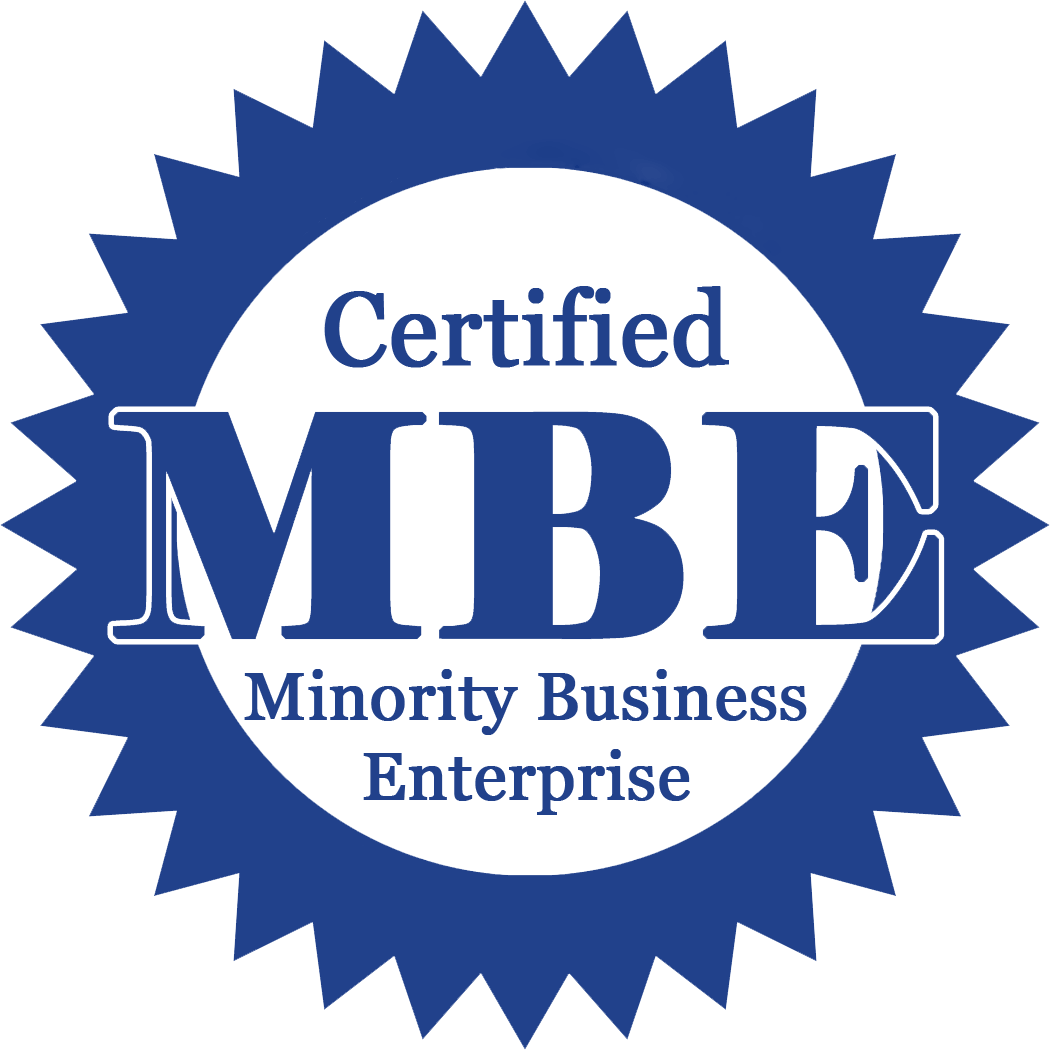At its very root, we define culture as the words, actions, values, and beliefs that make your organization what it is. It comprises of experiences and artifacts; it can be seen, heard, and felt. Work culture influences employee experience, their journey from being hired to the time they exit the organization.
And above all else: culture only works if it genuinely reinforces and clarifies what it is that drives success in your business. Your business. There is no one recipe for good or bad cultures. A culture is only useful if it is the right culture for your unique and distinct workforce, for the market and the consumers you serve, and for what your organization is resolved to achieve. Having the right workplace culture enriches the employee experience, a critical factor in employees deciding whether to stay with an organization or not. All employees, no matter the department, function, or job title, contribute to staff culture.
Following are the reasons why you should encourage a positive workplace culture:
1. It attracts and retains good employees
In the USA alone, a corporate worker spends an average of 60 hours at work. That is more than the time they spend at home, so it is only natural that one would want to enjoy being there. That also means if you're going to attract the best staff and retain your high performers, you better take your culture seriously. In a study from Deloitte Global Human Capital Trends 2019, culture and engagement had top spots in the organizational agenda. Influential culture and engagement attracts good people and reduces attrition.
2. It facilitates engagement and retention
Employee engagement and employee retention are on top of the list for any organization. You can successfully recruit employees, but it is a costly affair if they leave the organization. According to a study by Gallup, functions/departments that are engaged see 59% less attrition. Engaged employees are crucial to any organization; they improve your employee retention, are highly productive, and contribute significantly to the organizational revenue.
3. It improves employee performance
Employees that feel connected to, committed to, and proud to be affiliated with their employer are far more likely to do more than is asked of them. They are productive while on task, they are absent less and contribute because they want to (not because they have to). They are eager to show up to work, work on new assignments, collaborate with peers and teams, and immensely productive..
Many organizations use online survey platforms for conducting employee experience (EX) surveys. Some organizations do it regularly, whereas some do it once or twice every year. There are many types of surveys that you can, and you should do. It’s ideal to conduct workplace culture surveys, and they help you understand the below aspects of your organization. Here’s a free Work Culture Survey template that you can use.
- Work environment: This is crucial in knowing if the employees feel they have the right set of tools and freedom to do their job. The work environment is not only about infrastructure, but it’s also about process, facilities, etc. Conducting a survey will help you identify gap areas and fix them.
- Growth: Career pathing is crucial to all employees, they need to know what’s next for them and that their efforts are bearing fruit. Using surveys you can identify if regular meetings are taking place for performance review, goal management, overcome challenges, etc.
- Transparency: Do your employees feel heard? Do they believe managers will act on their feedback? These are just some of the questions that you can get answers too. These are crucial when it comes to work culture and affect employee's intent to stay.
- Teamwork: Does your organization promote and give opportunities for teamwork? Collaboration is crucial to learn new skills, collaborate with other colleagues, and share your expertise. You can get more information through employees and, if need be, start initiatives to promote teamwork.
- Engagement: Engaged staff is more productive than disengaged, and an asset to any organization. Check your company’s employee engagement levels via surveys and take necessary to keep them high.
Request Demo
Research by Deloitte shows, 94% of top-level management and 88% of employees strongly believe that a distinct workplace culture is essential to an organization’s success. I doubt any of you would argue with that. But is it is easier said than done?
So how do you create the right workplace culture for your business?
- Live your values: It is essential to have clear organizational values and effectively communicate them to employees. But if you’re going to say it, you better do it. Your culture should reinforce and clarify your stated values at every turn. Otherwise, all bets are off, and you haven’t even really gotten started yet. According to a poll conducted by OfficeVibe, 33% of the workforce believes their organization’s values do not align with their values.
- Communicate: Most organizations are getting better at pushing information out to the masses. They aren’t necessarily getting any better and pulling it from the masses, though. They speak but don’t necessarily listen. Communication is critical, you need to open up new communication channels if need be, get a healthy dialogue going.
We’re biased, but there is no better way to do this than through employee surveys. If employees believe their feedback will be taken in good faith and acted on within reason, they’ll give it to you. And they’re more likely to give it to you candidly in a survey as opposed to getting it on a one-on-one basis.
- Customize: Employees honor and trust companies that respect their individuality, are happy at work, and are likely to stay longer. According to a survey by One4all, 39% of employees say they will work harder if they are happy with their current job and organization.
There are very few products or services on the planet that cannot be customized by the consumer. Yet we still subject our employees to a one-size-fits-all solution. Every one of your employees is unique - they have their interests and ambitions. They are motivated by and are passionate about different things. If you can take the time to figure out what those things are, then you’re more than half-way there to providing a more individualized and customized experience for them.
- Include: Positive staff culture has to be created by every employee - irrespective of their gender, age, color, ethnicity, religion, sexual orientation, etc. - a place where everybody feels comfortable in their shoes. Foster an environment that not only respects differences but also leverages them. A diverse workplace is good for creativity and ideas. Diversity and inclusivity should be a top priority for any organization. Involve people in the decisions which affect them, create a sense of ownership in and responsibility for the company’s success.
Positive work culture directly affects your organization, be it business operations, employee process, revenue, etc. Let’s look at some of the advantages that a positive staff culture offers:
- Talent branding and attraction: Employees most effectively advertise a good workplace culture. Employees are the advocates that help you bring talent, be it through references, word-of-mouth, etc. An effective organizational culture has a massive impact on candidates that are contemplating joining an organization.
- Employee retention: We all know employees that are happy with their company culture tend to stay longer. These employees are also highly motivated and productive and help bring down company attrition numbers.
- Employee productivity: Staff performance is high when they feel engaged and are appreciative of the workplace culture. High productivity translates into better revenue and smooth business operations.
- Staff morale: In the right company culture, employees know their work is valued and appreciated. They know their voice or feedback is heard and acted upon by the management team. That boosts employee morale and positively impacts their intent to stay.
We recently wrote an article titled Strong workplace cultures drive effective giving organizations based on our work with the Wise Giving Alliance. We've got some impressive numbers to show for, why don't you check it out.
The fact is: Work culture is vital to the success of any organization. Here are three things culture is not.
- Culture is not about good or bad: It is all about what works best for your team, business, or organization. Every organization is unique, and so is that organization’s culture.
- Culture is not all about pay and perks: It is one of the biggest misconceptions related to workforce culture. Many people like to believe culture is about having a ping pong table in the recreation room, pizza and beer parties on Fridays, happy hours, and open-door policies. The right pay and perks are what we call table stakes. They get you in the game. But they don’t keep you there.
- Culture does not have to be expensive: Organizational Culture is mostly about how you behave. Driving the right kinds of behaviors in your organization takes attention and intention. But it doesn’t necessarily take a lot of money... 40% of employees report they benefit when their own goals are in tandem with the company’s goals.
Survey Software Easy to use and accessible for everyone. Design, send and analyze online surveys.
Research Suite A suite of enterprise-grade research tools for market research professionals.
Customer Experience Experiences change the world. Deliver the best with our CX management software.
Employee Experience Create the best employee experience and act on real-time data from end to end.












